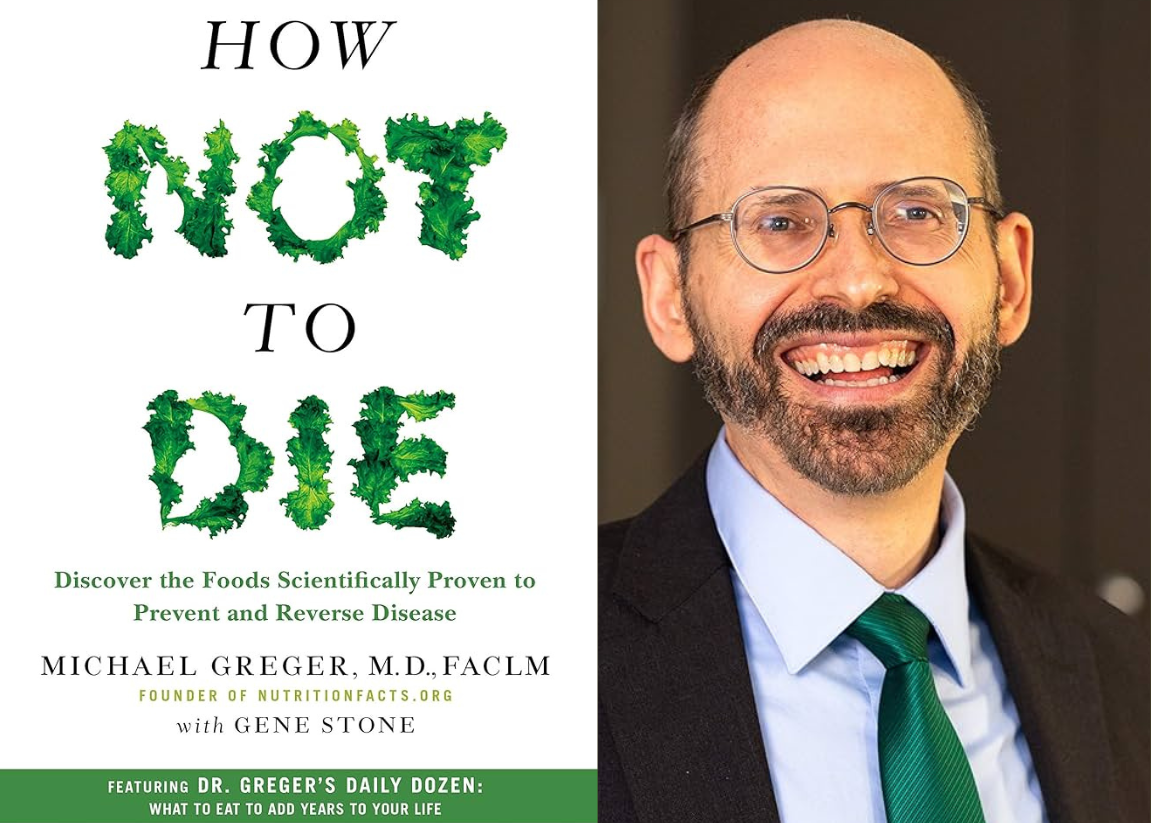More than 90% patient satisfaction rate for NYC hospital’s plant-based meals by default program
The city’s pioneering health scheme has made plant-based meals the default option for patients, who are still welcome to request meat dishes. Now a comprehensive review has found that the vast majority choose - and enjoy - plant-based meals.
New York’s pioneering nutrition scheme that makes plant-based meals the default option in hospitals has been met with overwhelmingly positive feedback from patients, a new report shows.
The health initiative by NYC Health + Hospitals, the largest municipal health care system in the US, first launched back in 2022 to help increase the uptake of healthy food in the city’s hospitals.
As part of the government-backed program, eleven hospitals made plant-based meals the default lunch and dinner options. Menus were also overhauled to introduce more than 20 new and vibrant plant-based dishes that reflect the diversity of the city’s population.
Now a new research paper investigating the program’s impact has found that the plant-based meals satisfy patients, save money, and reduce greenhouse gas emissions.
Patient acceptance of the plant-based meals is over 95 percent, while patient satisfaction is above 90 percent, according to the research published in the American Journal of Lifestyle Medicine.
Food choices, some pictured here, include jackfruit carnitas with white Rice and jicama Slaw, orange cauliflower with edamame, pigeon peas and pumpkin Stew, penne pasta with pea pesto, mushroom stroganoff, and root vegetable tagine. Credit: NYC Health + Hospitals
As well as patient satisfaction, the meals helped the health institutions cut costs and reduce their impact on the climate too.
The research reports that per-tray food costs for plant-based entrees cost $0.59 less compared to trays including animal products.
And by swapping out animal-based products with plant-based foods, the hospital system has been able to achieve 36 percent reduction in calculated carbon emissions.
“We put patient health first by putting plant-based meals first,” says co-author Samantha Morgenstern, MS, RD, CDN, a dietitian with Sodexo who helped implement the plant-based meals at New York City Health + Hospitals. “We proved that when given the choice, patients opt for and prefer nutritious and delicious plant-based meals.”
By encouraging patients to try nutritious plant-based foods, hospital staff are able to teach patients about how dietary choices can impact common health issues.
New York City Mayor Eric Adams tastes a plant-based dish at the NYC Health + Hospitals Culinary Center. Credit: NYC Health + Hospitals
Scientific studies have repeatedly shown that plant-based eating patterns are linked to significantly lower risk of cardiovascular disease, type 2 diabetes, obesity, and certain cancers. The foods can also be effective for weight management as well as the treatment of hypertension and hyperlipidemia.
“Hospitals that offer patients plant-based meals provide a teachable moment on how to prevent or reverse obesity, heart disease, type 2 diabetes, and other diet-related conditions that are so often the cause of hospitalization,” explains co-author Anna Herby, DHSc, RD, CDCES, who manages the Physicians Committee’s Healthy Hospital Program.
Herby hopes that the scheme can inspire other hospitals and institutions to implement their own plant-based health initiatives.
“The proven success of New York City Health + Hospitals’ plant-based meals programs should inspire hospitals across the country to implement similar programs”, says Herby.
We Have A Favor To Ask…
Species Unite amplifies well-researched solutions to some of the most abusive animal industries operating today.
At this crucial moment, with worldwide momentum for change building, it’s vital we share these animal-free solutions with the world - and we need your help.
We’re a nonprofit, and so to keep sharing these solutions, we’re relying on you - with your support, we can continue our essential work in growing a powerful community of animal advocates this year.






